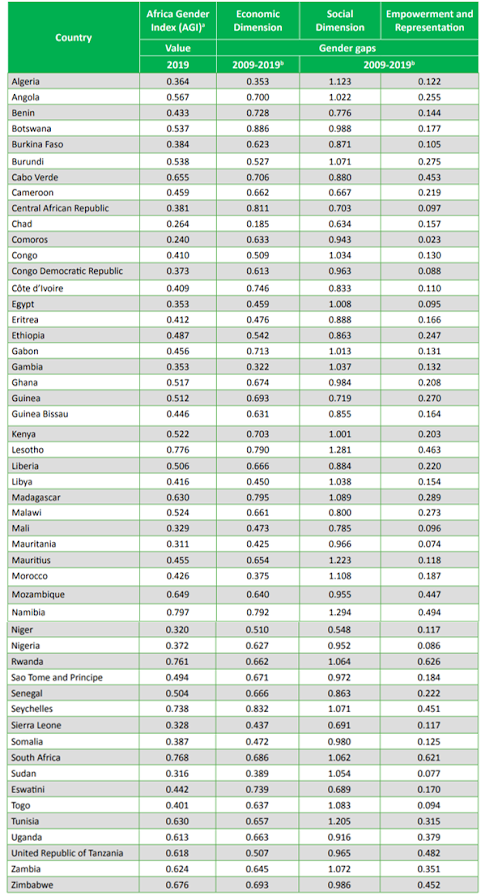Concluding note
Writing
this blog has been an interesting experience and looking back I can confidently
say that I have developed my understanding, and hopefully so have you, of the
complex interlinkages between gender and development in Africa. I would like to
conclude with a few points that have emerged from this blog.
Through
my blogs it is apparent for development to be effective the inclusion of women and
men in the process is essential. While the focus is on empowering women it
must be noted that this is unachievable without the inclusion of men in
contributing to progress and actively being involved to break down barriers.
Secondly,
the importance of recognising the historical roles women have played in development
narratives needs to be amplified. This can help drive the way in which development
should be carried out in local contexts as women often have much more intimate
historical understandings of the locality. The portrayal of women as constantly
vulnerable and weak can remove from the significant work they have
contributed to in communities in the past.
Adding
to this, it emphasises the need for language in development discourses, to transcend
its definitive boundaries of what gender implies as this can limit
effectiveness of development projects as my blog on menstruation and non-binary
persons highlights.
Finally,
while my blog does highlight how much further we have to go, the increasing
recognition of gender in African development narratives is promising and I hope
that this will continue to allow the SDG goals for 2030 to come into fruition.


Comments
Post a Comment